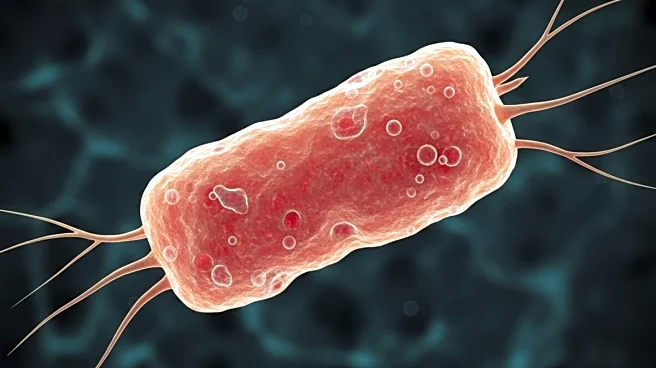The Karnataka government has issued an urgent health advisory for thousands of pilgrims travelling to Kerala’s Sabarimala shrine, following a surge in cases of amoebic meningoencephalitis (AME), a rare but nearly fatal brain infection.
The advisory, released by the Commissioner of the Health and Family Welfare Department, highlights the risk posed by Naegleria fowleri, a toxic, free-living amoeba. This microorganism thrives primarily in warm, fresh water sources like stagnant pools, lakes, and soil. Crucially, the infection is not contagious and cannot be contracted by drinking contaminated water; it enters the body exclusively through the nose, travelling to the brain, where it causes severe inflammation.
Due to the risk of exposure while bathing
or participating in water rituals, the government has mandated strict precautions for pilgrims. The guidelines explicitly instruct travellers to use nose clips or firmly hold their noses shut whenever they immerse themselves in water bodies to prevent the amoeba’s entry.
The department also stressed the importance of timely medical intervention. “Pilgrims are advised to be vigilant for symptoms appearing within seven days of water contact. Key warning signs include fever, severe headache, vomiting, a stiff neck, and changes in mental state or behaviour,” said the advisory issued on Tuesday.
Anyone experiencing these symptoms is strongly cautioned not to ignore them and must immediately report to the nearest healthcare facility for treatment. The department reiterates that, given the seriousness of AME, early detection and care are crucial for survival.






/images/ppid_a911dc6a-image-177073422588955268.webp)

/images/ppid_a911dc6a-image-177073406474645209.webp)
/images/ppid_a911dc6a-image-177073412509241364.webp)
/images/ppid_a911dc6a-image-177073402755726223.webp)
/images/ppid_a911dc6a-image-177073406528147283.webp)
/images/ppid_a911dc6a-image-177073402422810189.webp)


